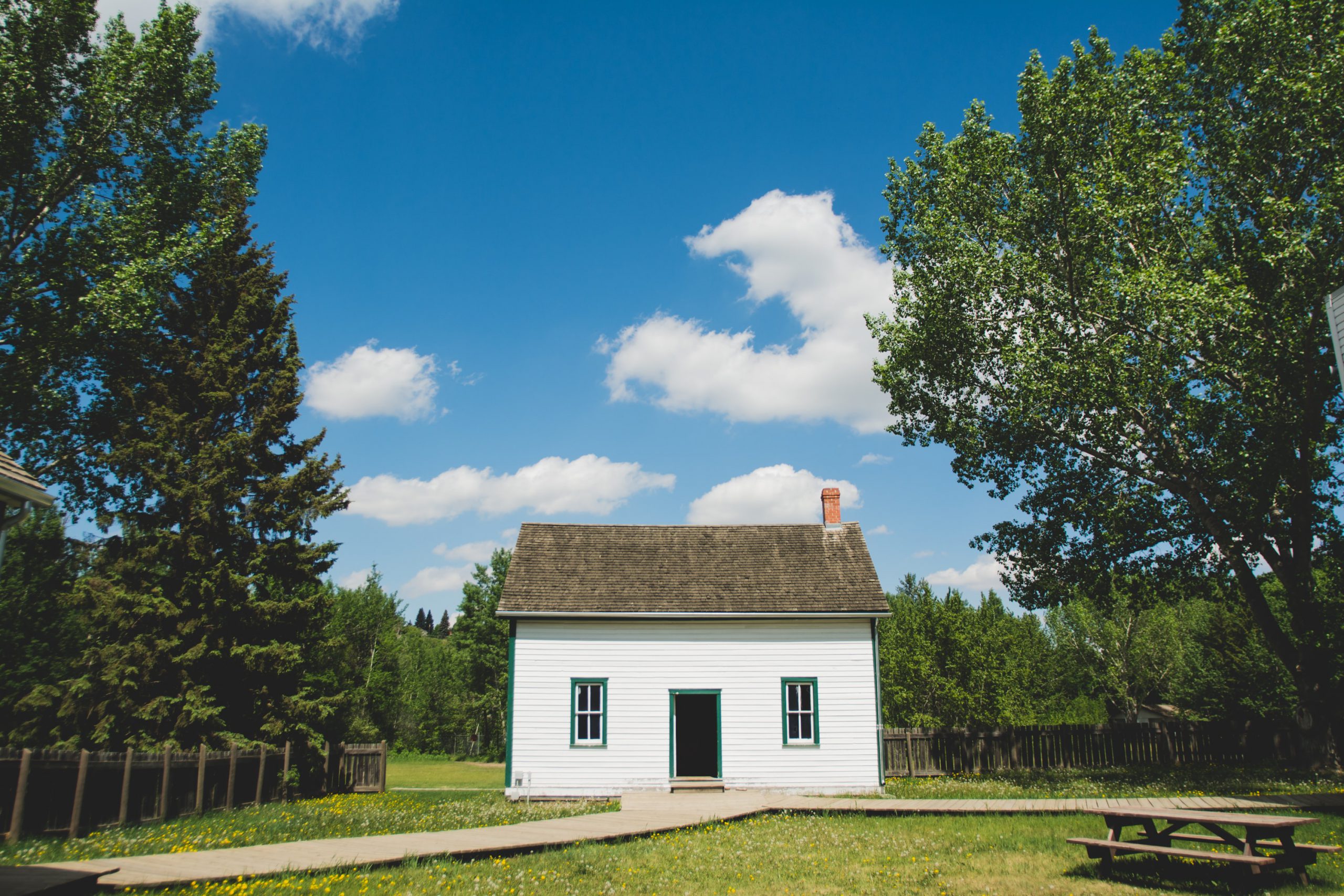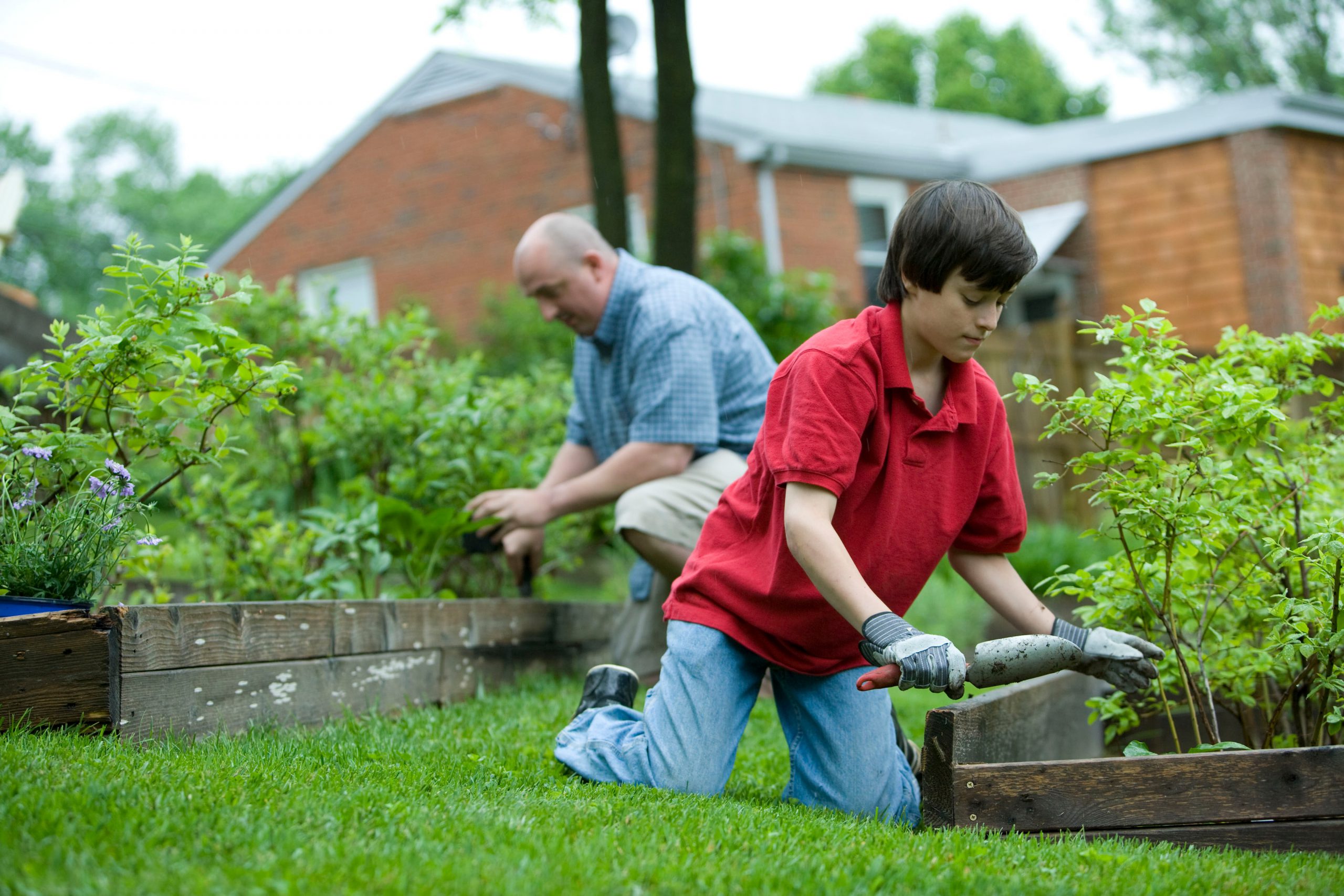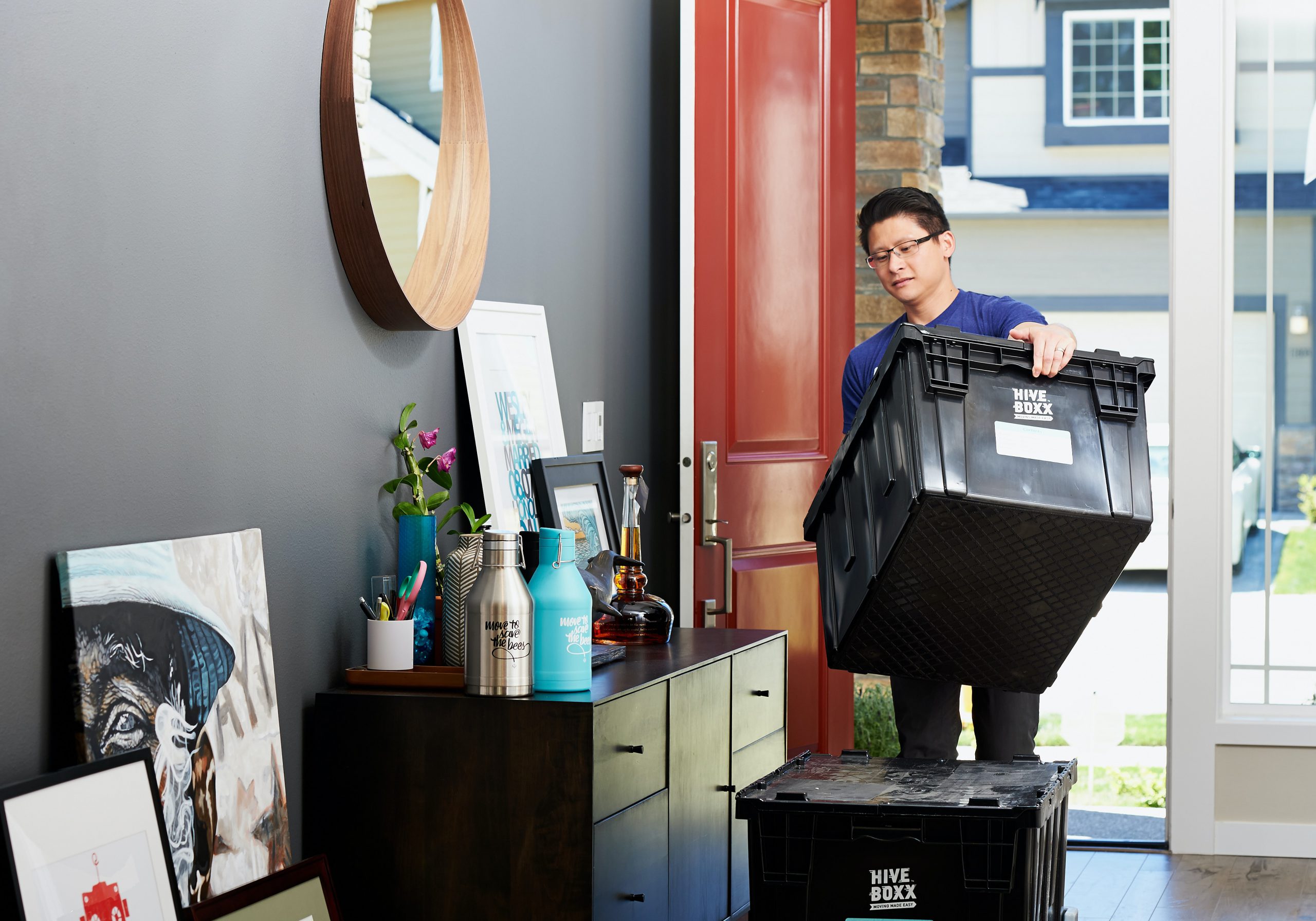Overview
Better Futures Housing Trust (BFHT) acquires, develops and stewards community-led housing and spaces. Our team of skilled industry leaders are aligned with our purpose and focused on creating and advocating for inclusive communities that members and residents are proud to call home. We are a social-purpose organization fostering diverse and sustainable communities and initiatives for today and tomorrow.
Home Owners
Resident Owners
Home Owners
We actively seek mutually supportive relationships between those who own housing and those that cannot afford it. We work towards mutually beneficial transactions for all parties. Better Futures Housing Trust Society is not a charity. Similarly we want something that doesn’t rely on new reforms, policies, funding or sympathetic developers. Our model is insulated from governments, developers and other funding bodies.
Payments to the homeowners is a key way to share what they own and protect long-term income.
We know that this model won’t be right for everyone. But we know there are homeowners who don’t need or want a large financial gain from their home, or want to protect a family or other legacy, but they can’t afford to simply give it away either. Our model is another way for owners to receive payment AND protect the legacy of their land/house in perpetuity.
Here Are Some Examples

A homeowner wants to move out and downsize, but they don’t want their sturdy, well-built home to be torn down by a developer or future owner. Our land trust renovates and retrofits the house for new residents, and the homeowner moves on, receiving monthly payments to support them in retirement, with assurance that their home will be well taken care of in the years to come.

A landlord can no longer take care of repairs and rent collection, but they need some income. The tenant-owners want to keep living in their house and take care of it.
The property is transferred to the housing trust, making monthly payments to the former landlord.
A housing co-operative is formed which takes responsibility for caring for the home and generating the income. Tenant-Owners can make repairs and improvements, and sell their member share if they want to move out. The co-op regulates the resale value of co-op memberships, so that the home remains affordable to the future residents.

A homeowner wants to keep living in their house, but it’s too much space than what they need. By converting to a cooperative, multiple suites are created. And the homeowner becomes a member of the housing coop, remaining in their home, while other tenant-residents can move into other suites.
How It Works For Owners
Step 1
Interested homeowners work with Better Futures Housing Trust to determine if the model meets their needs and whether the transition is financially viable.
Step 2
If it’s workable, Better Futures Housing Trust works with the owner to transition ownership of the land and/or home to the community land trust. The homeowner might remain in a portion of a house or move elsewhere.
Step 3
Alterations might be made, a new housing co-op is created and then new tenant-owners move in, supporting the project with affordable down payments and monthly payments. The original homeowner receives regular payments, enabling them to feel secure and plan for their future.
Step 4
The remainder goes into a fund to make repairs, pay property taxes, and cover other costs. The job of the trust is to ensure the property will always be used for its intended purpose (eg affordable housing, communal farming) for people who need it.
Resident Owners
Individuals/families with a steady income which is not sufficient to buy in the current market, and are willing to live separately but in the same building as others.
A group of people seeking to work communally (eg. to access land for farmers committed to sustainable agriculture.)
Our model means that you purchase (as equity) into the co-operative as an equity owner, and keep your financial and other obligations current during your residency. Your equity purchase will be much less than buying a home. As long as you maintain your obligations, you cannot be evicted from your home and your monthly payments will only increase as much as you and your fellow resident owners accept. Depending on the rules of your building, you may be asked to participate in other ways as will the other resident owners.
Here Are Some Examples
How It Works For Resident Owners
Step 1
Complete Our Survey
The survey allows us both to learn a little more about each other, so that you can make an informed decision about your participation.
Step 2
Join The Waitlist For Your Selected Building/Region
We will add you to waitlist and mailing list so that you can stay informed about upcoming housing opportunities.
Step 3
Spread The Word!
Our ability to provide housing relies on us finding housing owners willing to participate. We have a great offer to make to them, and they will not loose anything, but we first need to find these wonderful people. That’s where you can help!
Talk to your family, current landlord, and whoever you think can help in your search for stable housing.

A homeowner wants to move out and downsize, but they don’t want their sturdy, well-built home to be torn down by a developer or future owner. Our land trust renovates and retrofits the house for new residents, and the homeowner moves on, receiving monthly payments to support them in retirement, with assurance that their home will be well taken care of in the years to come.

A landlord can no longer take care of repairs and rent collection, but they need some income. The tenant-owners want to keep living in their house and take care of it.
The property is transferred to the housing trust, making monthly payments to the former landlord.
A housing co-operative is formed which takes responsibility for caring for the home and generating the income. Tenant-Owners can make repairs and improvements, and sell their member share if they want to move out. The co-op regulates the resale value of co-op memberships, so that the home remains affordable to the future residents.

A homeowner wants to keep living in their house, but it’s too much space than what they need. By converting to a cooperative, multiple suites are created. And the homeowner becomes a member of the housing coop, remaining in their home, while other tenant-residents can move into other suites.
